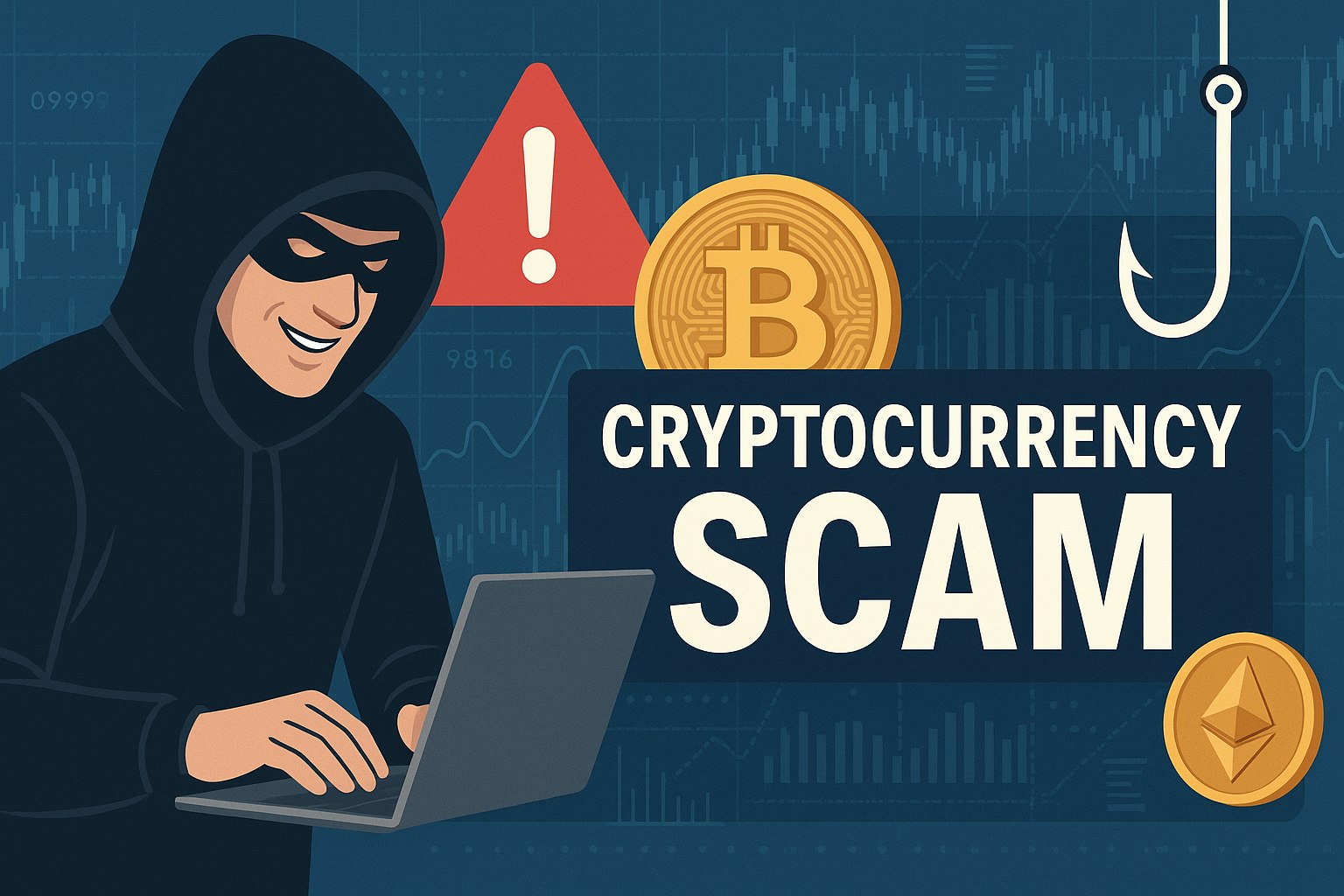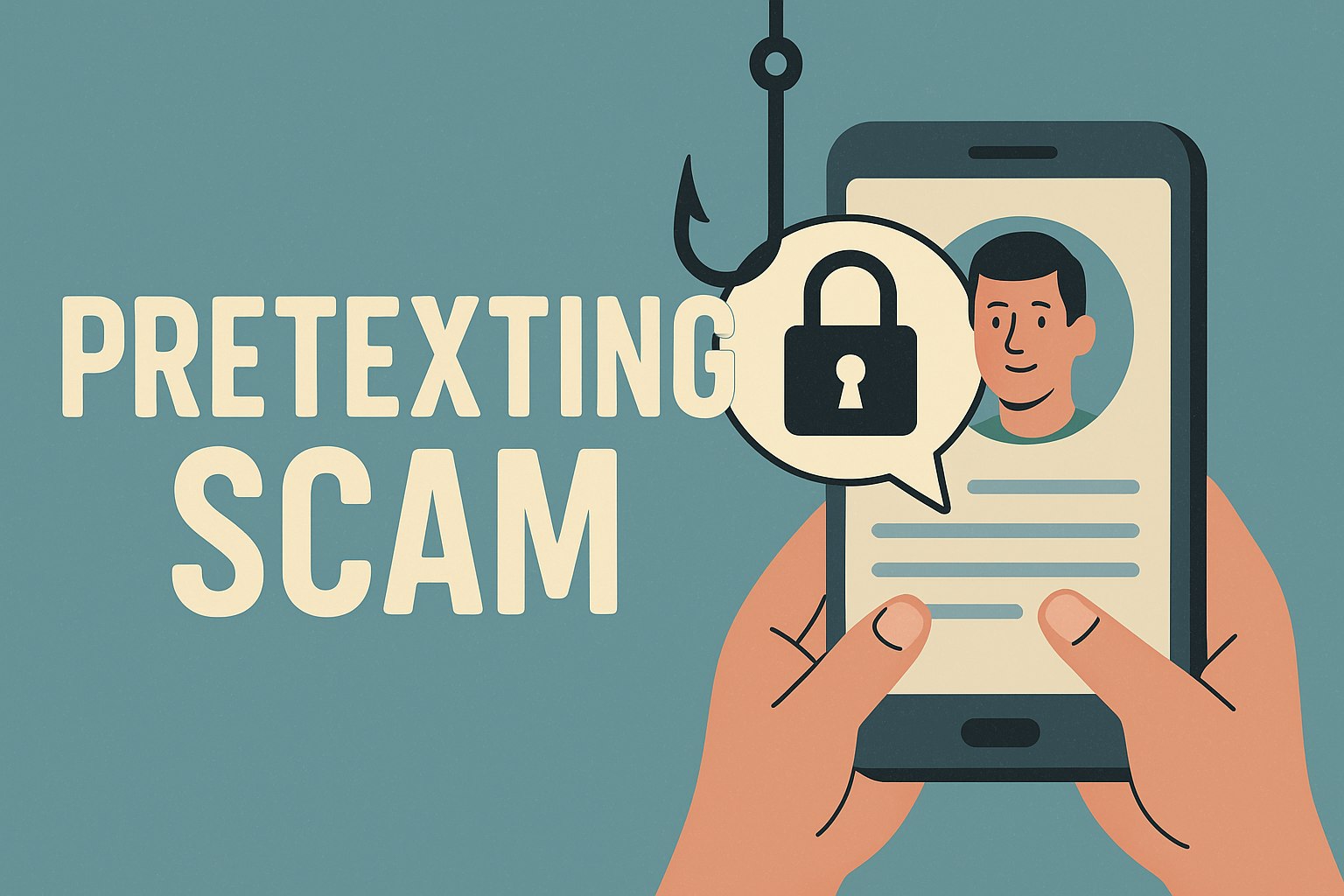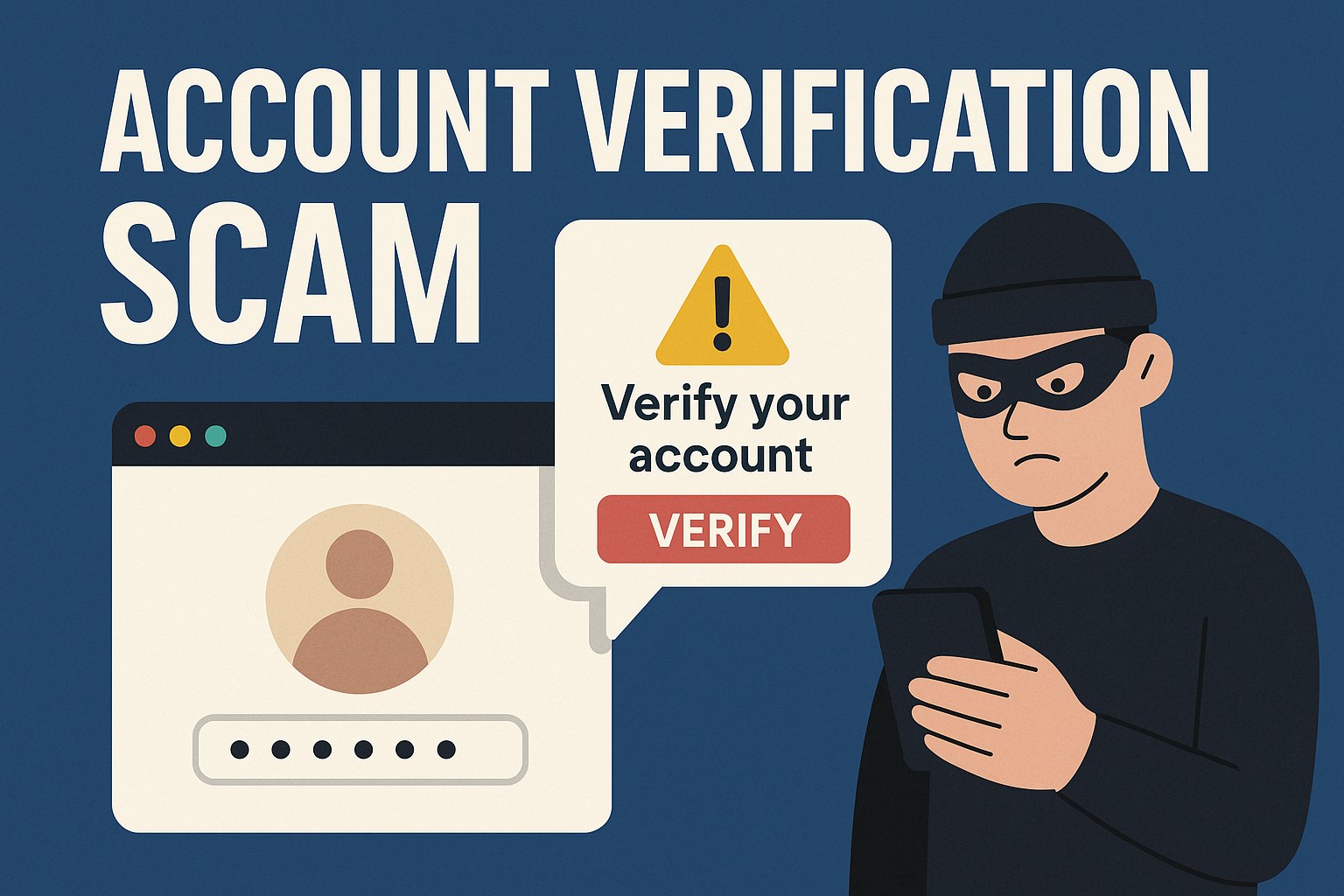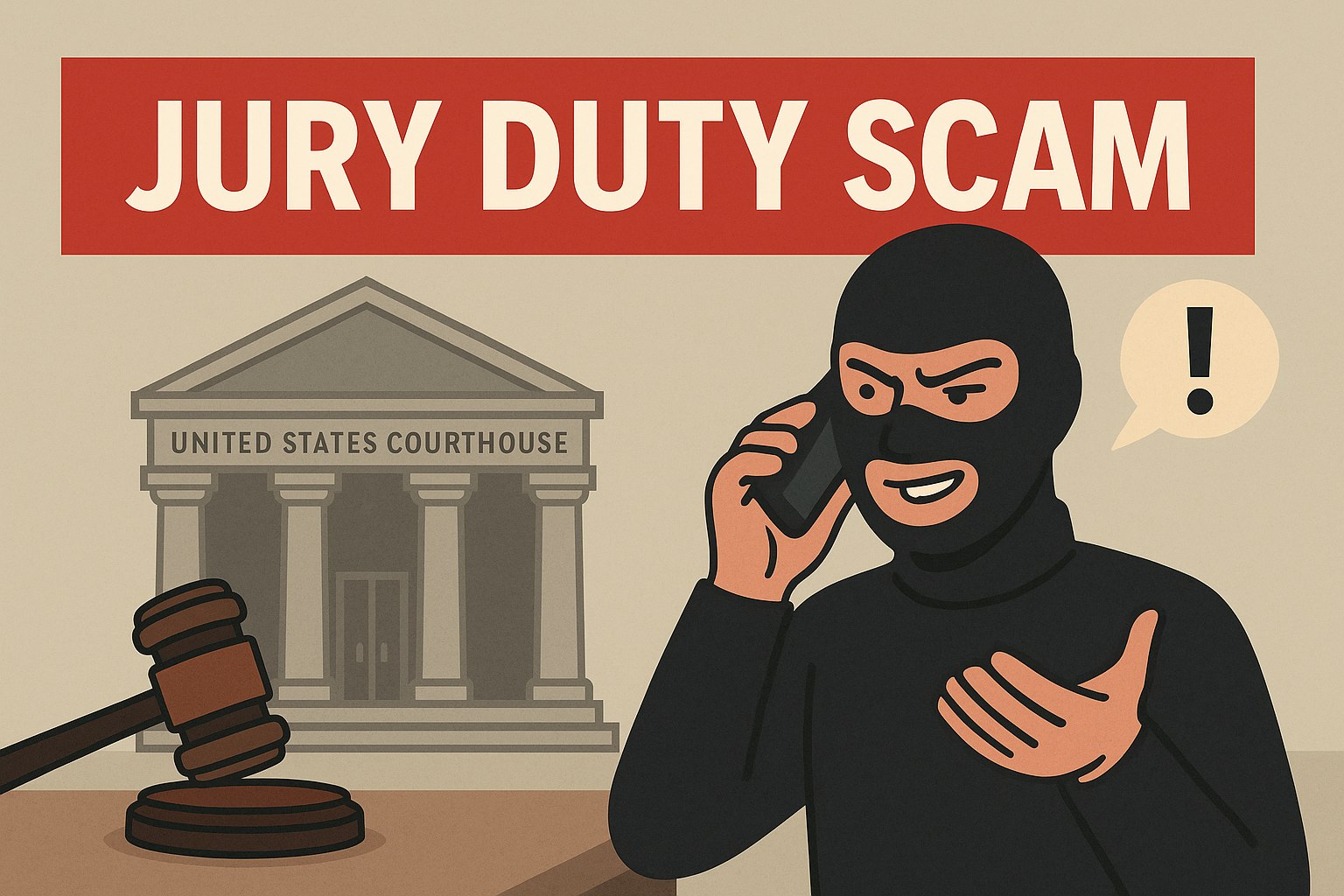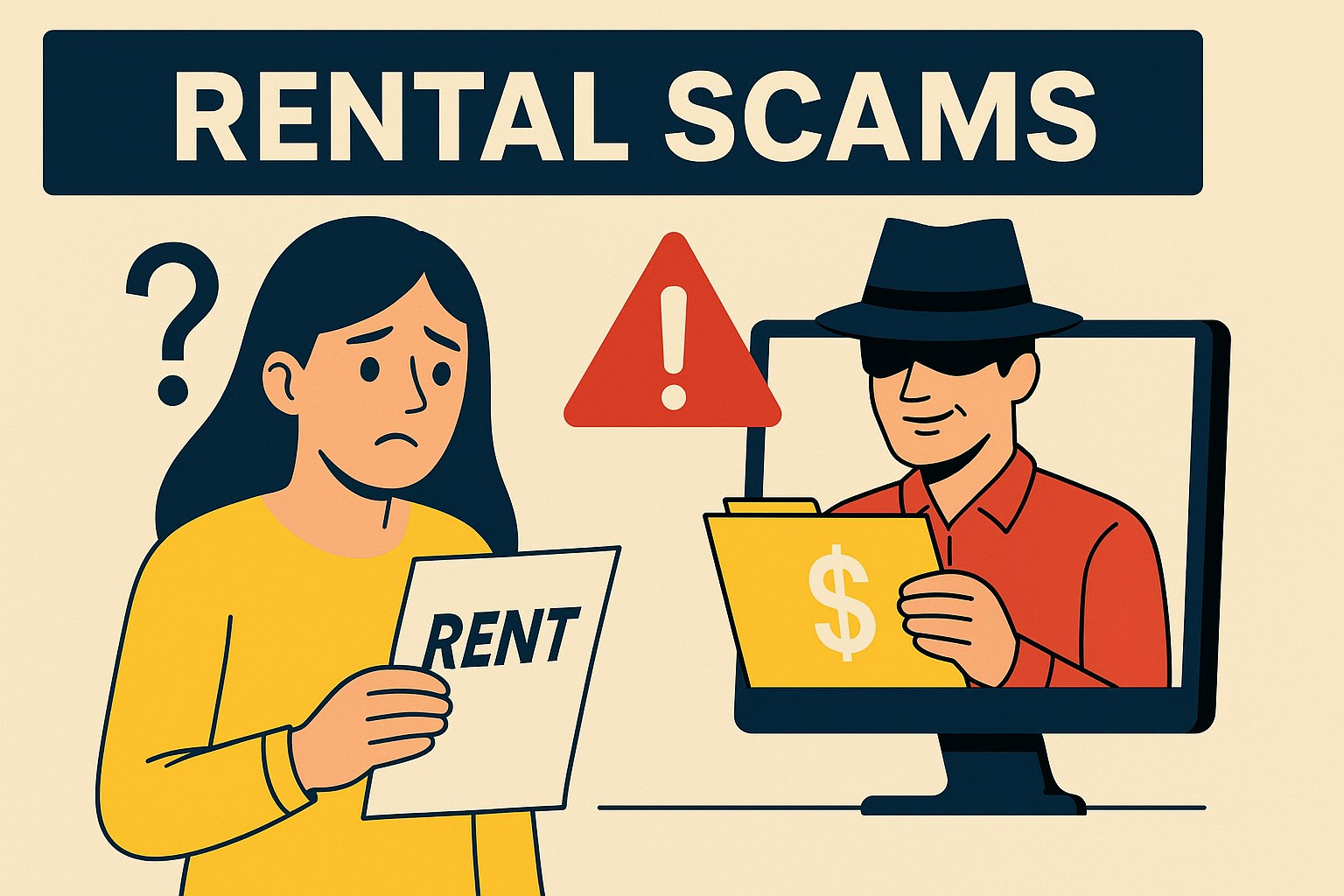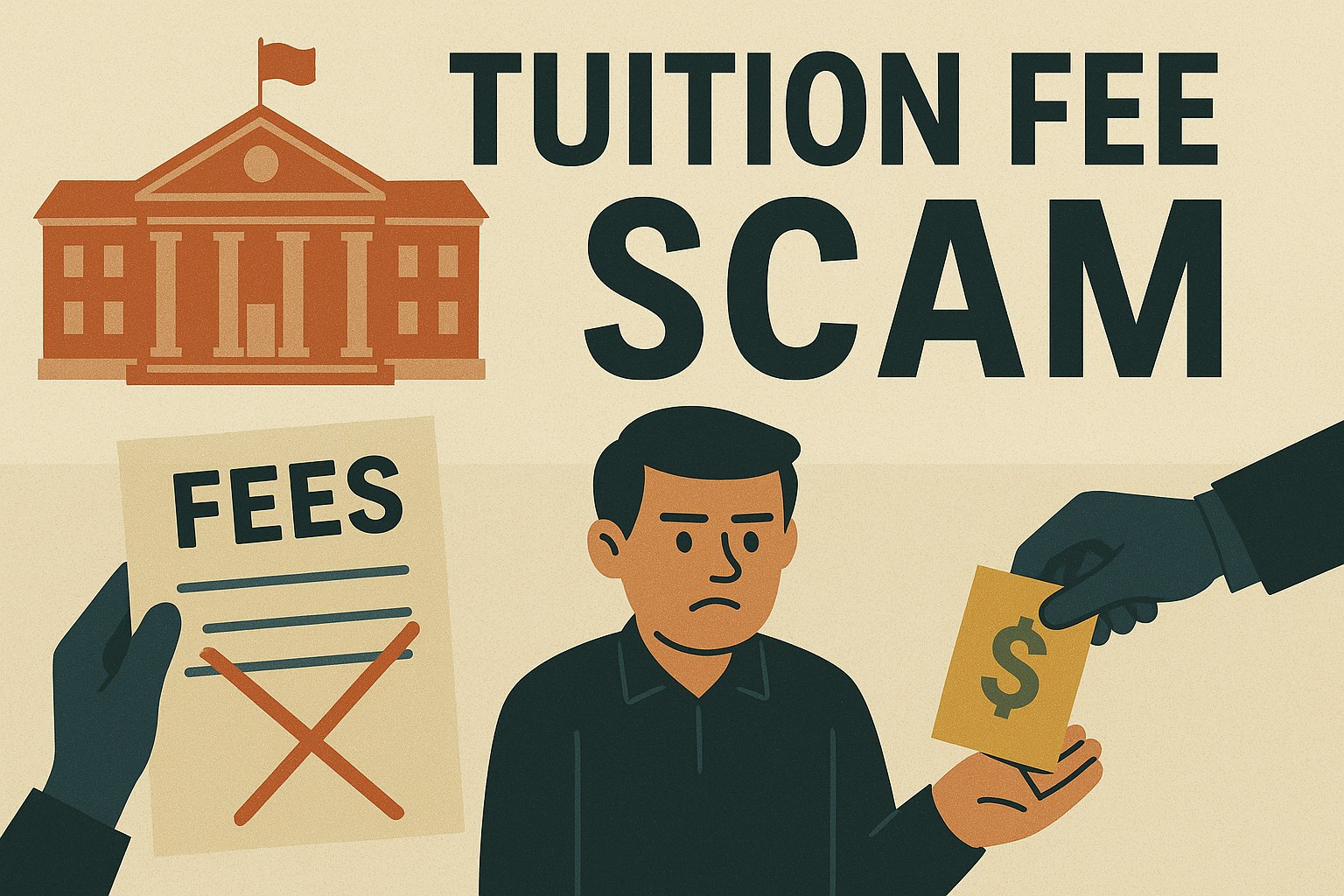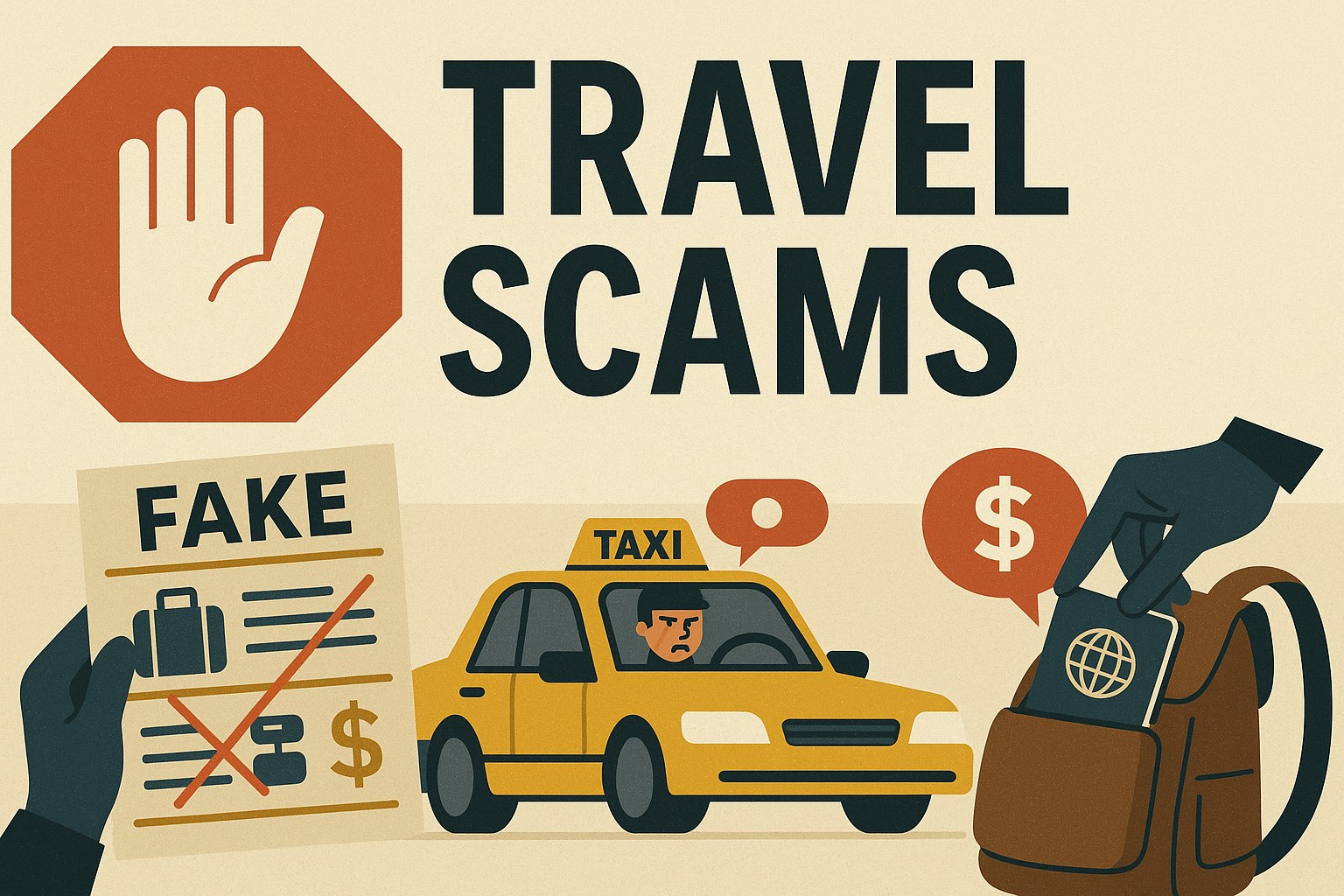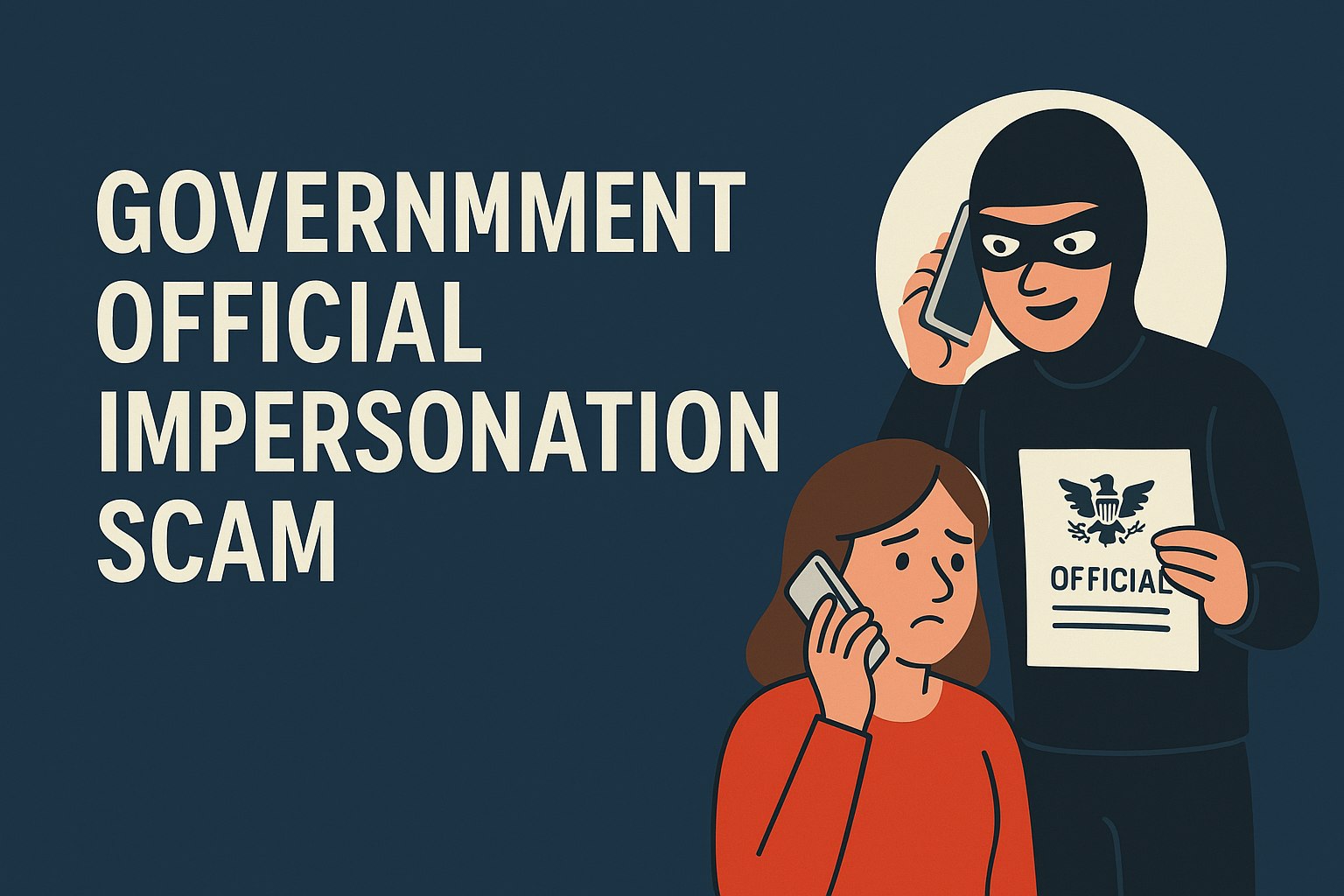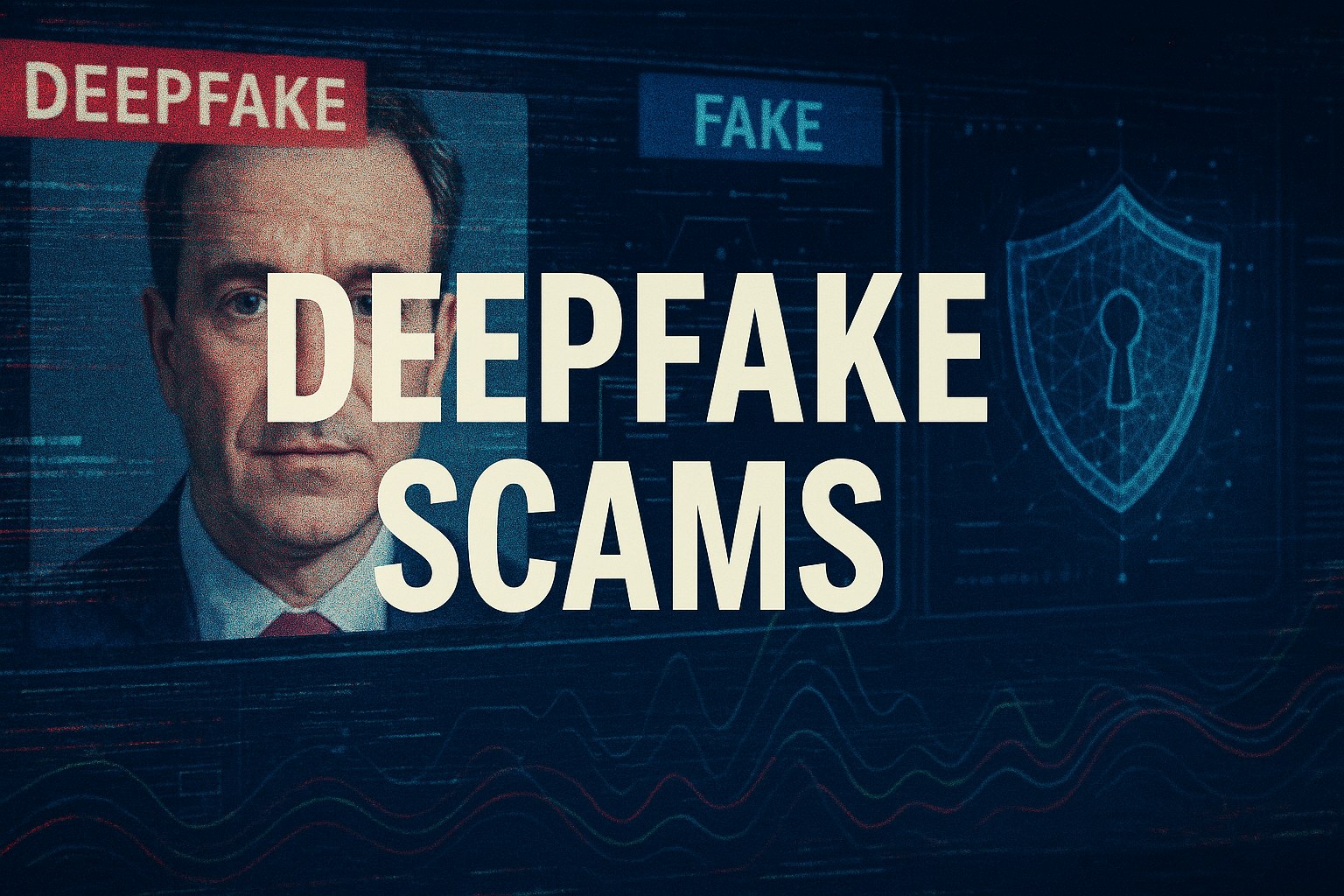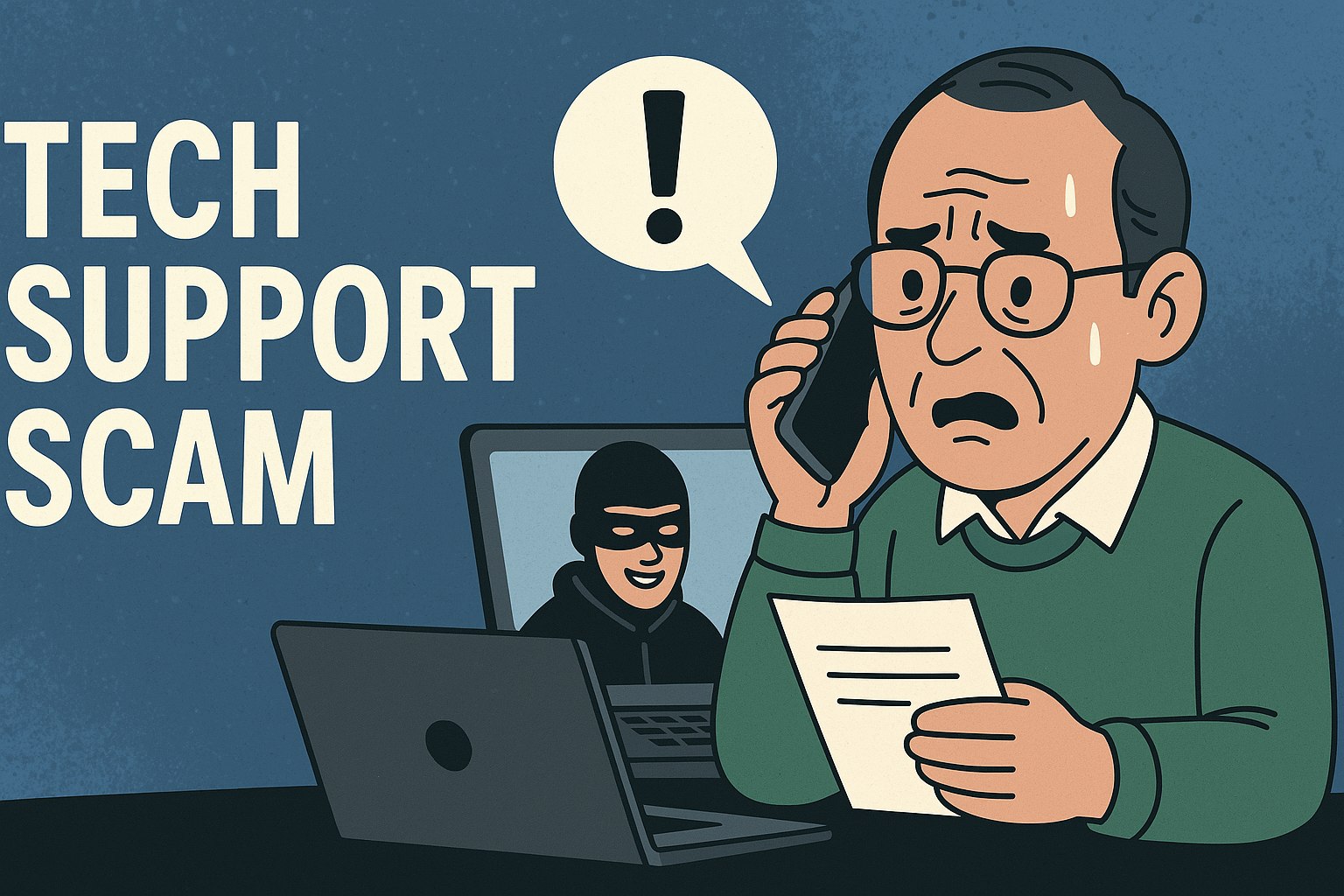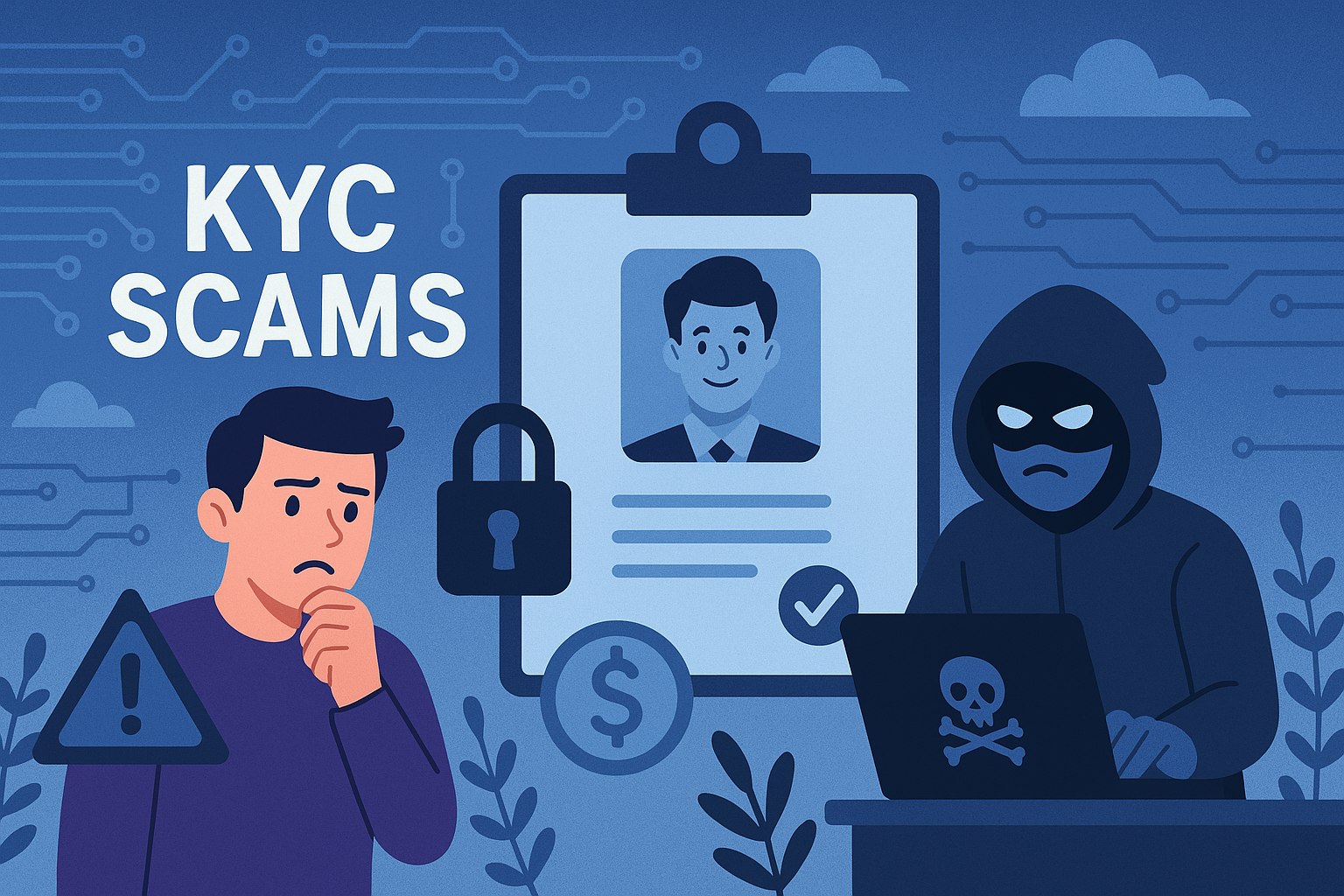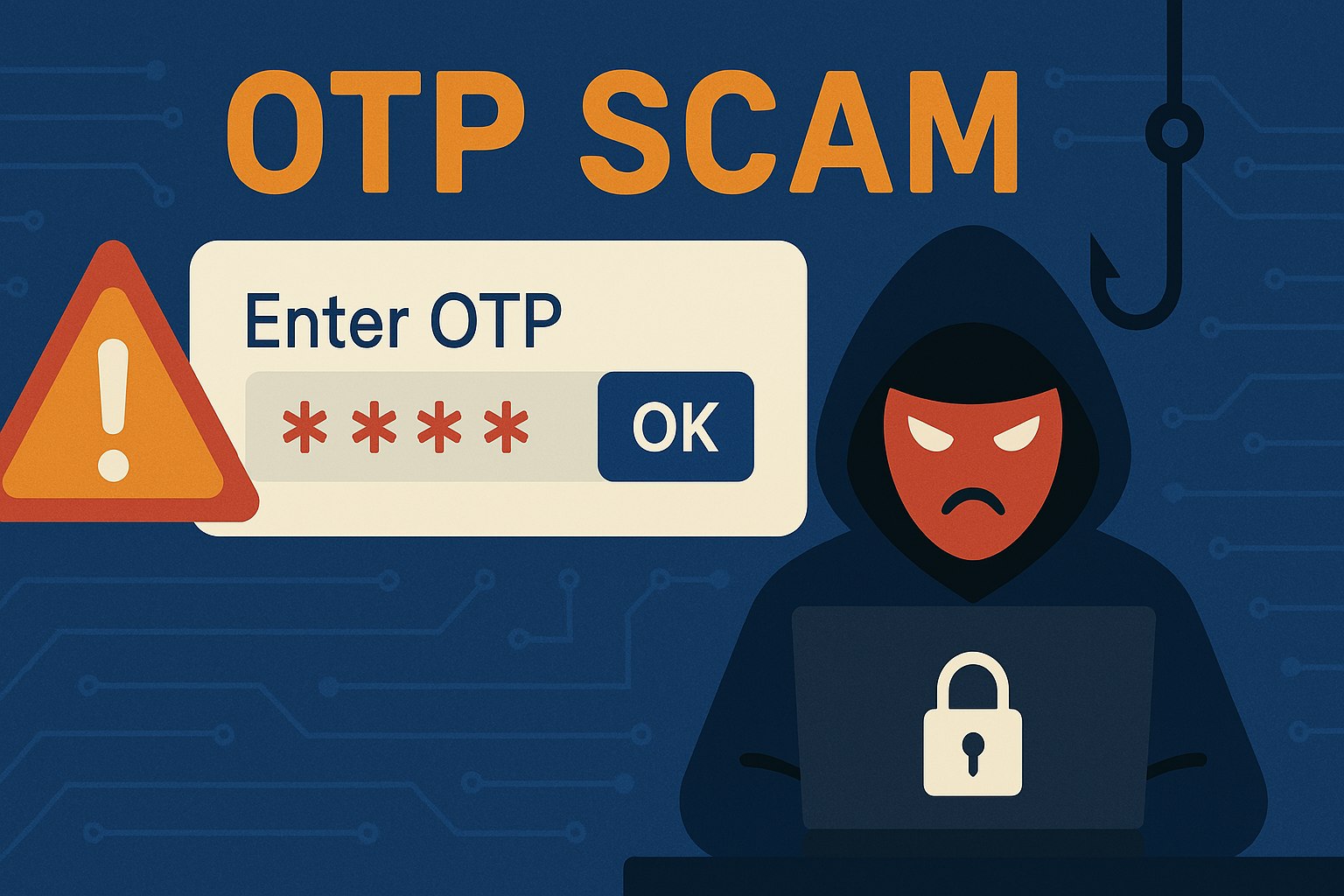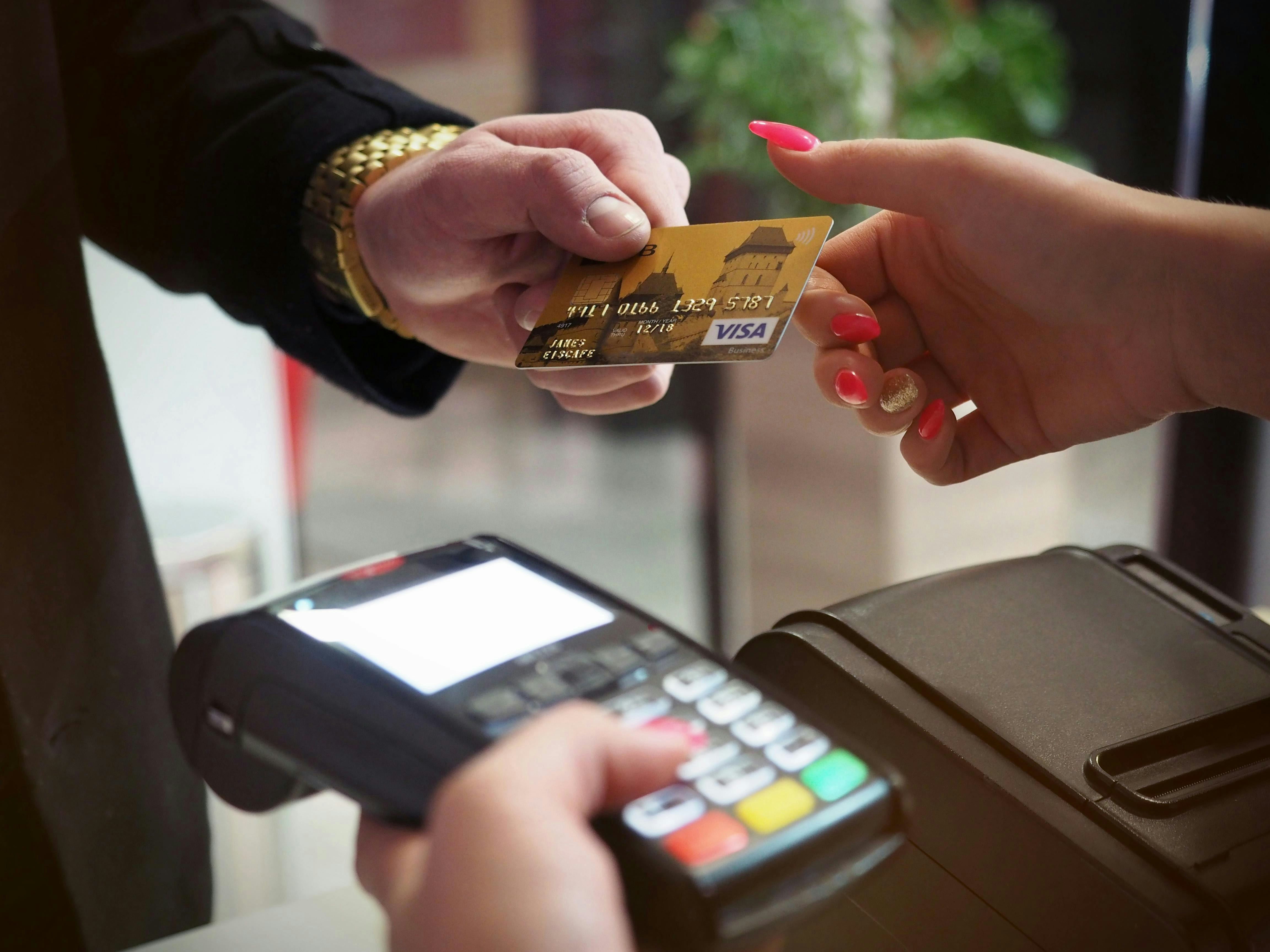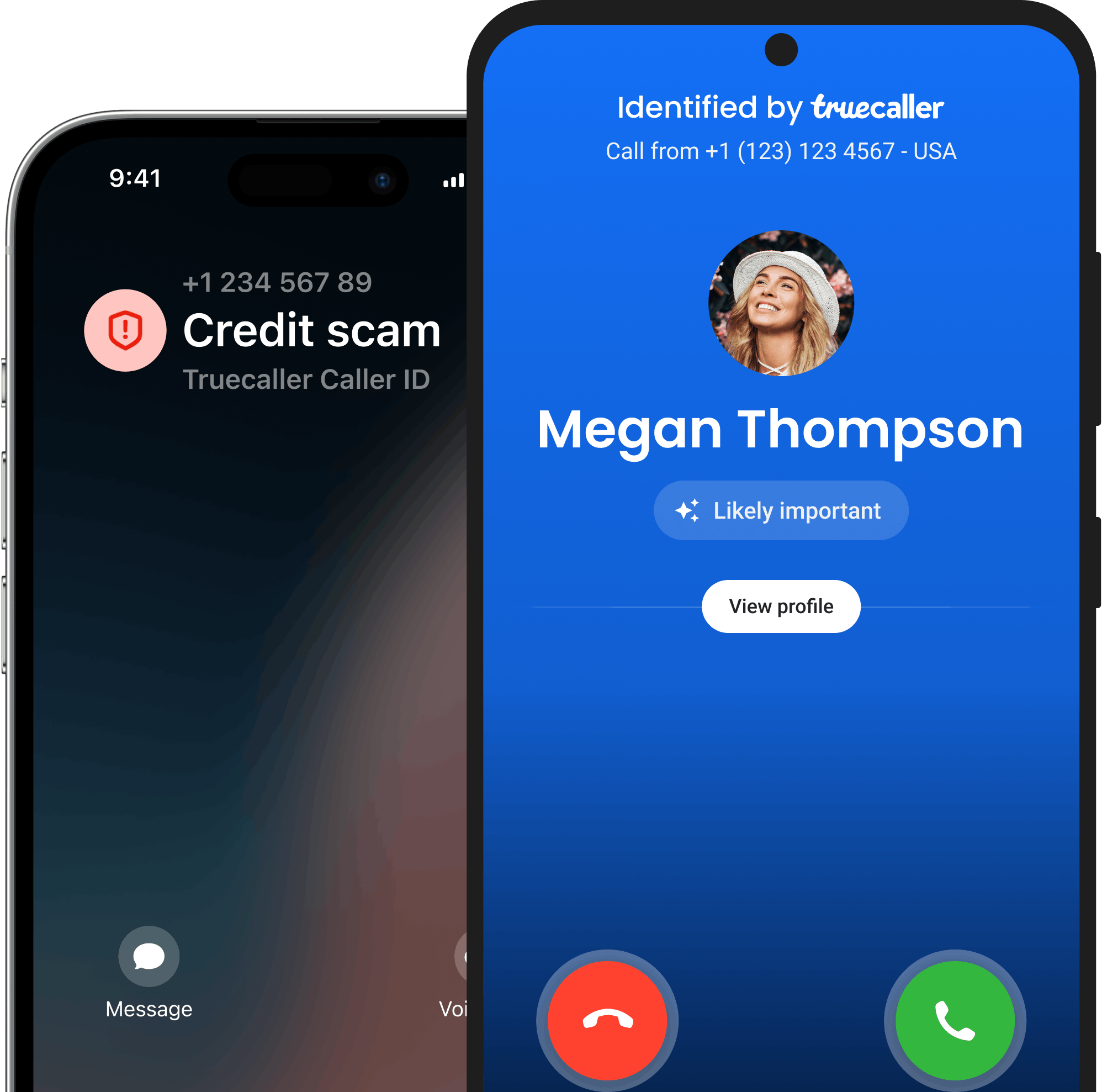
Smishing Scams
What is SMS phishing or smishing scams?
SMS phishing, also known as "smishing," is a form of cyber attack where scammers use text messages to deceive individuals into providing sensitive information or performing actions that compromise their security. Similar to email phishing, smishing aims to trick recipients into divulging personal information such as login credentials, financial details, credit card details, OTPs or sensitive data.
How to spot smishing attacks?
Scammers send text messages pretending to be from legitimate organizations such as banks, government agencies, or popular services like social media platforms or delivery services.
The messages often create a sense of urgency or present a threat to prompt recipients to take immediate action. For example, they may claim that there's been suspicious activity on the recipient's account or that a payment is overdue.
The SMS usually contains links to fake websites or prompts recipients to call a phone number provided in the message. These links or numbers lead to phishing websites or call centers where scammers attempt to extract sensitive information.
If the SMS contains a link, it may lead to a fake login page designed to mimic the legitimate website of the organization being impersonated. When users enter their credentials on these fake pages, the information is captured by the attackers.
In some cases, clicking on links in SMS phishing messages can lead to the installation of malware on the recipient's device, compromising its security and allowing attackers to steal additional information.
Examples of smishing attacks
Recipients receive text messages claiming to be from their bank, informing them of a security issue with their account and directing them to click on a link to resolve the issue. The link leads to a fake website where recipients are asked to enter their login credentials, which are then captured by the attackers.
Scammers send text messages claiming to be from a delivery service, stating that a package delivery is pending and requesting recipients to click on a link for more details. The link leads to a phishing website where recipients may be asked to provide personal information or pay a fee to reschedule the delivery.
Fraudulent text messages purporting to be from government agencies like the IRS or immigration services may inform recipients of an issue with their taxes or immigration status, urging them to take immediate action by clicking on a link or calling a provided number.
Report Smishing Scams to
If you are in the United States, these could be some agencies you could reach out to:
- Federal Trade Commission (FTC): You can file a complaint with the FTC online at https://www.ftccomplaintassistant.gov/
- Internet Crime Complaint Center (IC3): You can file a complaint with the IC3 at https://www.ic3.gov/
- Identity Theft Resource Center (ITRC): https://www.idtheftcenter.org/
- Better Business Bureau (BBB) (also works for Canada): https://www.bbb.org/
- fraud.org
Reporting the scam on Truecaller will help prevent others from becoming victims.
- For immediate assistance and guidance on cyber fraud, call 1930 (toll-free)
- File a cyber crime report on
https://cybercrime.gov.in/ or
https://sancharsaathi.gov.in/sfc/Home/sfc-complaint.jsp - Access the list of state-wise nodal officers and their contact details from
https://cybercrime.gov.in/Webform/Crime_NodalGrivanceList.aspx
Reporting the scam on Truecaller will help prevent others from becoming victims.
- Police Special Fraud Unit (PSFU)
Email: report@specialfraudunit.org.ng, pro@specialfraudunit.org.ng
Whatsapp: 08127609914
Voice Call/SMS: 07082276895
Social Media: Facebook - Economic and Financial Crimes Commission (EFCC)
Email: info@efcc.gov.ng
Phone number: +234 8093322644, +234 (9) 9044751
Social Media: Facebook, Twitter, Instagram - Independent Corrupt Practices Commission (ICPC)
Email: info@icpc.gov.ng
Phone number: 08076369259, 08076369260
Social Media: Instagram, Twitter, Facebook
Reporting the scam on Truecaller will help prevent others from becoming victims.
- Action fraud: https://www.actionfraud.police.uk/charities
- Fundraising regulator: https://www.fundraisingregulator.org.uk/complaints
- GOV.UK: https://www.gov.uk/report-suspicious-emails-websites-phishing
- National cyber security centre: https://www.ncsc.gov.uk/
Reporting the scam on Truecaller will help prevent others from becoming victims.
- CSA Singapore: https://www.csa.gov.sg/cyber-aid
- File a police report at https://eservices1.police.gov.sg
Reporting the scam on Truecaller will help prevent others from becoming victims.
Conclusion
Smishing tactics continue to evolve, with scammers using increasingly sophisticated methods to trick individuals into revealing sensitive information or clicking on malicious links. It's essential to remain vigilant of unsolicited messages, especially those requesting personal or financial information, and to verify the legitimacy of SMSes and websites before taking any action.

